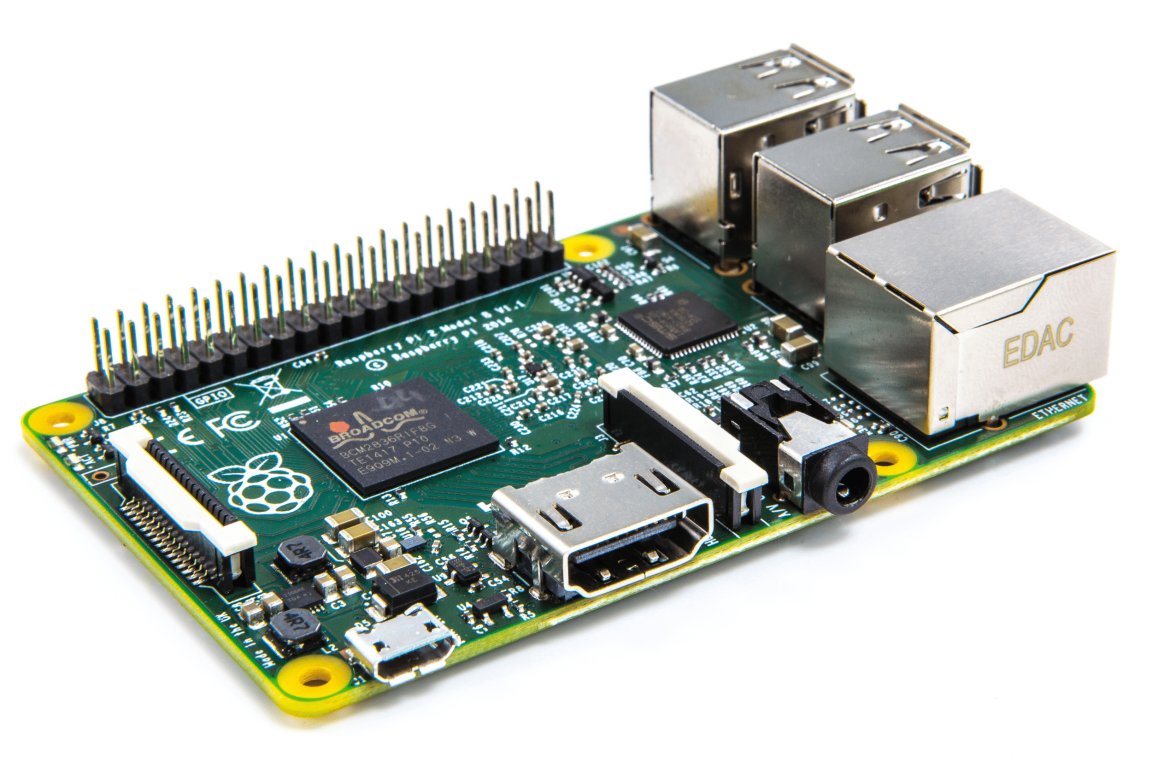
Automated Production
Raspberry Pi started out with a simple goal: teach kids the nitty-gritty of computer programming. Now, the tools are a must-have for tech aficionados, and anybody who wants inexpensive computing power for a number of applications.
Beyond this, Raspberry Pi is also a poster child for another new development in tech: robot automation. Much of the process that goes into making these little computers is actually automated. In fact, some models are even completely automated.

The journey of a Raspberry Pi starts with a robot. A machine prints solder paste onto circuit boards. This board is then passed to a robot that adds individual components taken from tapes.
“When you’ve done that for all the components, you then run the Pi through an oven and that melts the solder and the components on to the board,” explains founder Eben Upton to Wired.
That automation has allowed the Raspberry Pi Foundation to ramp up production to a scale that previous generations would never have dreamed of. From one million boards in 2015, it has reached 10 million sales this September. Ever ambitious, Upton wants to reach a four million production mark for this year.
Machine Over Man
The Foundation went to great lengths to incorporate automation into the making of Raspberry Pi. Back in 2012, the company changed the site of production from China to the UK. Its original production facility used human labor, which is inexpensive in China. But the Foundation wanted to leverage UK-automated manufacturing for its products.
This highlights the new heights companies can reach with robot automation. Simple human labor can only do so much, and production always ramps up when companies are able to transition to robots. This also allows us to produce materials cheaper than before, which impacts the economy, society, and so much more.
In fact, many manufacturers are building robot only facilities, and are employing less people in their workforce. Shoe companies are building automated factories, and restaurants are featuring robot chefs and cooks. Sound scary? Worried you’ll soon be replaced by one of these nifty bots? Never fear. A job-less future for humans isn’t necessarily inevitable.